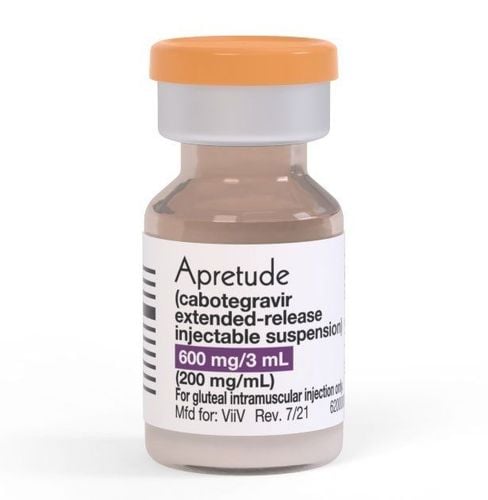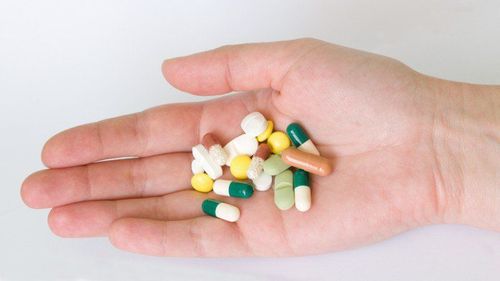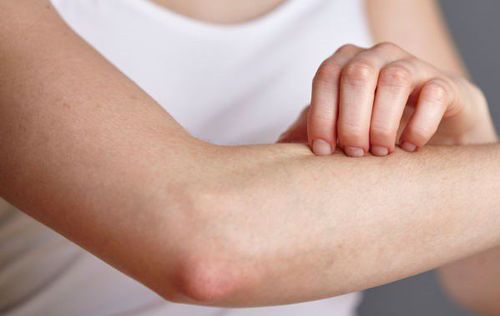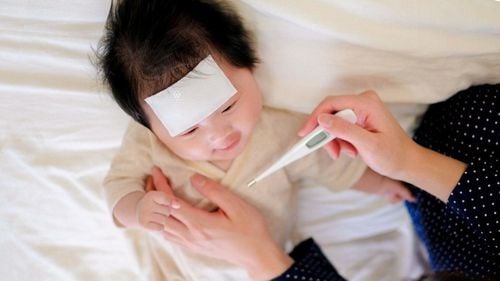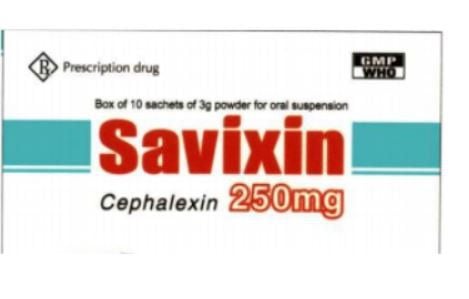This is an automatically translated article.
In children, fever is a very common symptom in many different diseases, it is difficult to distinguish fever caused by dengue fever and other diseases. Therefore, if you see that a child has a high fever continuously, it is difficult to lower the fever, parents need to quickly take the child to the hospital to be examined by a specialist doctor and have a treatment plan for dengue fever in a timely manner.
Any age can be infected with dengue, but in children, especially infants under 1 year of age, the risk of dengue fever will be high and serious complications will occur when the child has dengue fever. blood.
Signs of dengue fever in children that parents can detect early such as: Continuously high fever, difficult to reduce fever, living in an area with circulating dengue fever, appearance of hemorrhagic spots under the skin... When ' the child has dengue fever, what should I do? '.
In fact, for children with dengue fever, to ensure safety, parents need to take the child to the hospital as soon as possible, specialist doctors will examine and have a specific treatment plan for the child, prevent prevent complications when children have high fever continuously.
According to statistics, in 2019 there were 320,311 cases of dengue fever recorded across the country, including 53 deaths. In the first 6 months of 2020, the whole country had 26,000 cases of dengue fever, some provinces and cities had deaths. Vinmec Da Nang International General Hospital is one of the hospitals that receive examination and treatment of dengue fever in the central highlands region, according to an internal survey, the number of dengue cases as of July 2020. decreased significantly compared to the same period last year.
Usually children with dengue fever need to be identified within the first 3 days of fever.
Day 1: The child has dengue fever, sudden high fever, red face, red throat but no pain. At this stage, it is not necessary to take the child to the hospital, but can stay at home for further monitoring. Day 2: If the child has dengue fever and still has signs of high fever, the mother should try to look for signs of bleeding under the skin on the abdomen, limbs, neck, eyelids. Day 3: The child's symptoms of dengue fever become more obvious. In addition to high fever, the baby may have bleeding from the skin and mucous membranes such as bleeding from the teeth and nose. Days 4, 5: Symptoms are clearer when children with dengue fever have red spots all over their body, high fever, nosebleeds... In the early stages, children with dengue fever will have a high fever, so they may have a high fever. cause convulsion complications, in the second stage dengue fever in children can cause complications of multi-organ failure, respiratory failure...if not controlled in time. Therefore, when detecting dengue fever in children, parents need to take the child to the hospital, not buy medicine to treat it at home.
Please dial HOTLINE for more information or register for an appointment HERE. Download MyVinmec app to make appointments faster and to manage your bookings easily.




